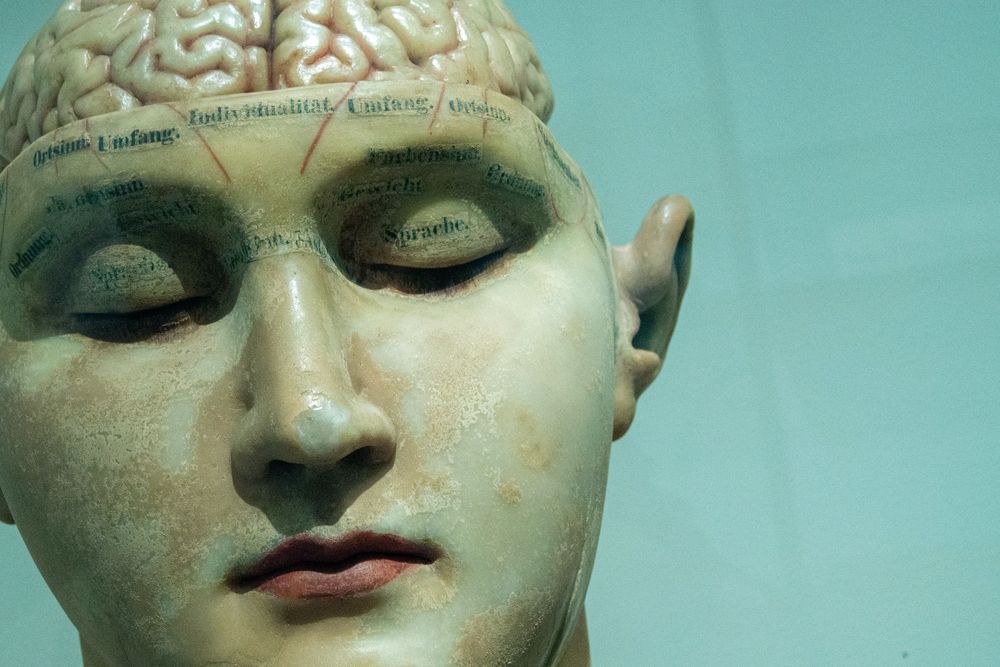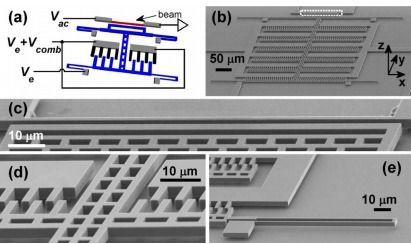
A neutron star is the dead husk of a star more massive than the sun, but not large enough to become a black hole upon its demise. These stars are between 10 and 29 solar masses during their active lifetime. When they exhaust their nuclear fuel and go supernova, all that’s left is the ultra-dense collapsed core. We call that a neutron star.
The wild physics inside a neutron star are down to the incredible mass packed into such a small space. A neutron star might have twice the mass of our sun packed into an object just a few miles across. The crush of gravity contorts and squeezes neutrons into unusual configurations, based on the models developed by scientists studying neutron stars.
Scientists currently believe that neutron stars have layers characterized by different configurations of distorted neutron matter. For whatever reason, researchers have decided to name the various structures after pasta. Near the surface there’s gnocchi, which are round bubble-like neutrons. Go a bit deeper, and the pressure forces neutrons into long tubes called spaghetti. Go further down, and you have sheets of neutrons called lasagna. That’s just the start of the Italian-inspired interior of neutron stars.
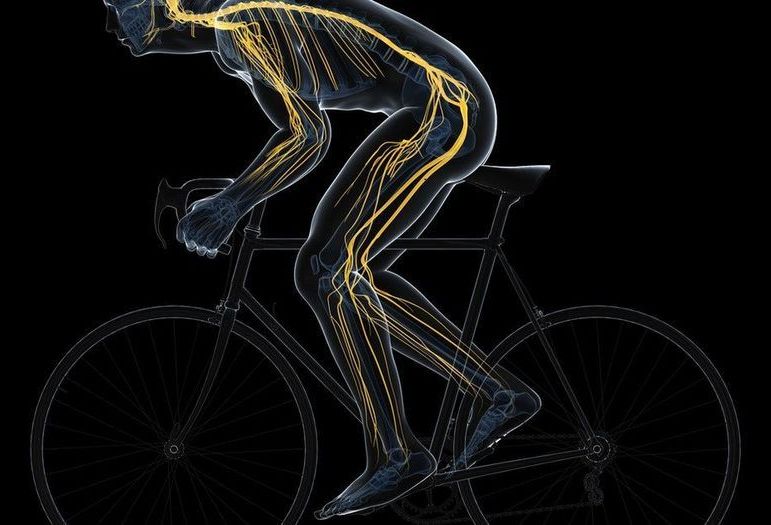

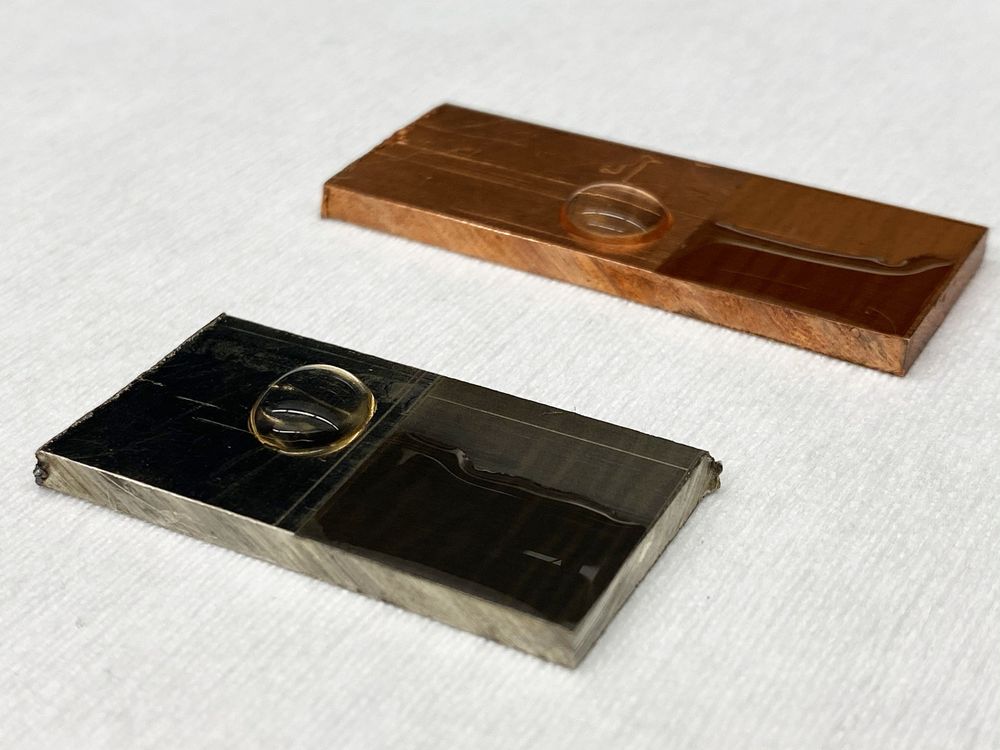

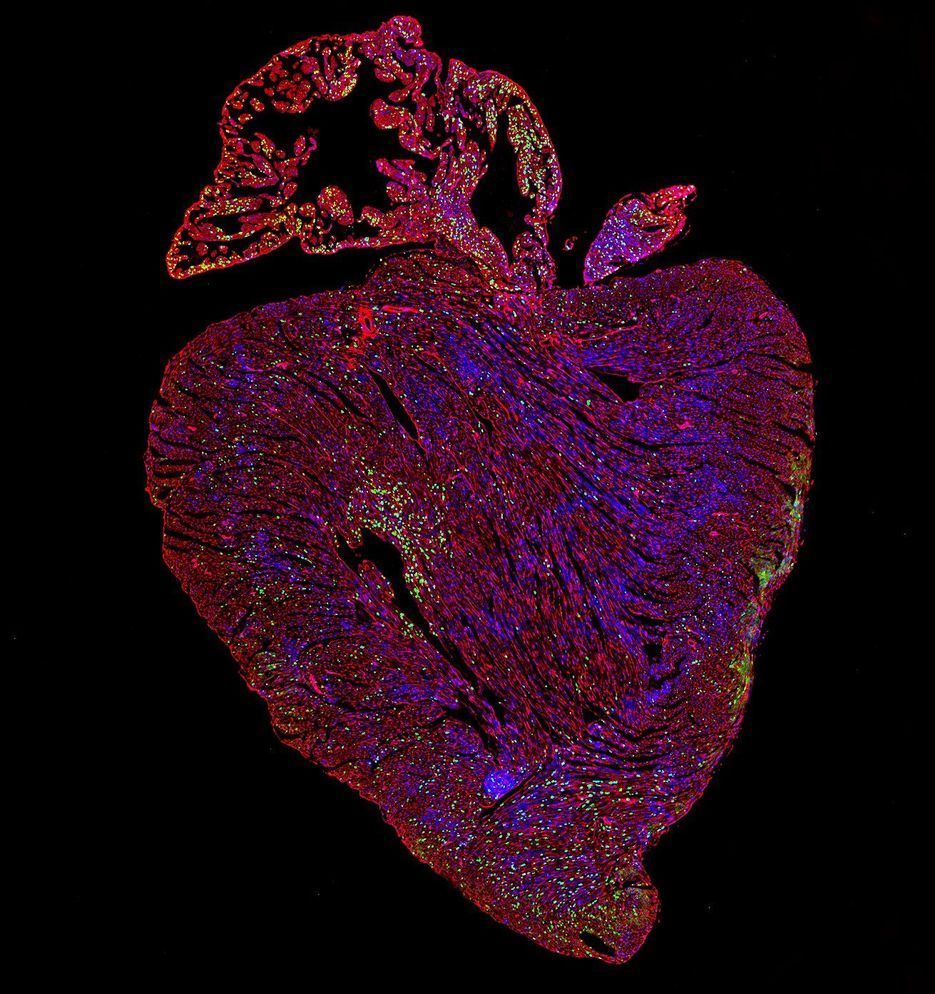

 Some doctors are questioning the way ventilators are being used for people with serious cases of
Some doctors are questioning the way ventilators are being used for people with serious cases of 